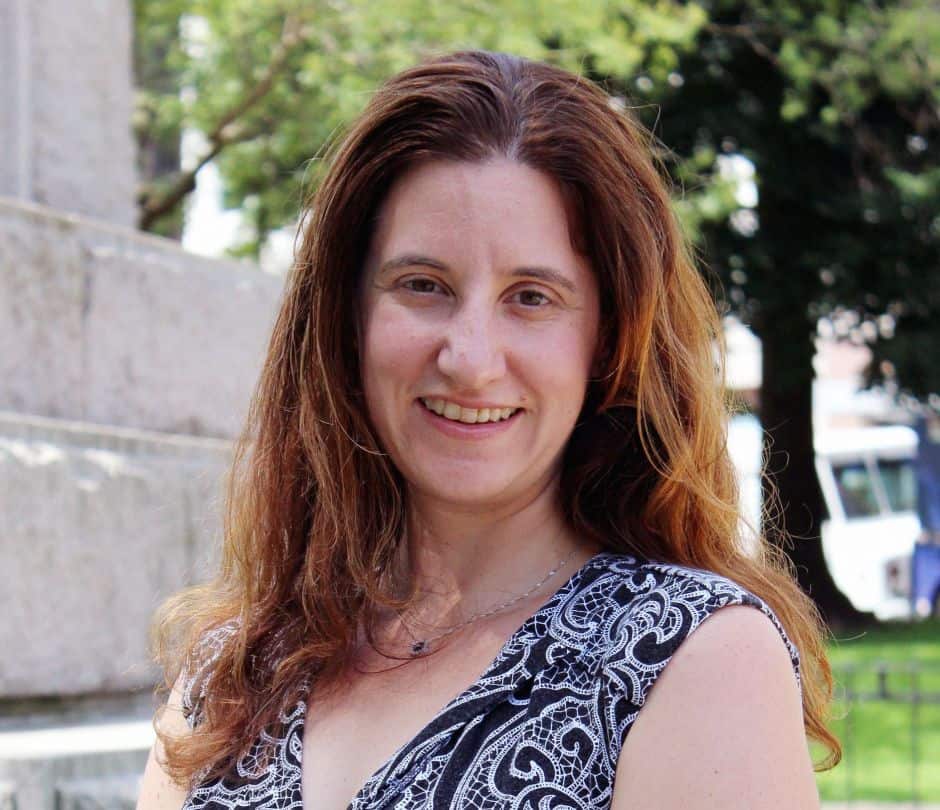Introduction

Vote Vets Action Fund, a liberal “dark money” nonprofit that’s raised millions to ostensibly advance pro-veteran causes, is prohibited from engaging in politics as its “primary purpose.”
But the group nevertheless spent more than half the money it raised in fiscal year 2014 on “direct or indirect political campaign activities,” according to new tax filings reviewed by the Center for Public Integrity.
Such activity is legal because Vote Vets Action Fund’s campaign spending made up less than half the group’s overall expenditures for fiscal year 2014.
It reported spending a total of about $7.6 million during the period that included the 2014 election, making the political spending only about 41 percent of total spending. The group spent more than it took in, leaving it with net assets of $1.5 million at the end of 2014.
“The law requires that a majority spent be used on issue advocacy, which VoteVets does by a healthy margin. We will always abide by the law,” said Eric Schmeltzer, a spokesman for Vote Vets Action Fund, in an email to the Center for Public Integrity.
Vote Vets Action Fund, which does not disclose its donors, is already establishing itself as a significant force during the 2016 election cycle.

The nonprofit has so far reported spending more than $623,000 to support U.S. Rep. Tammy Duckworth of Illinois, a Democrat running for U.S. Senate against incumbent Sen. Mark Kirk, R-Ill., according to reports filed with the FEC.
With control of the Senate at stake this cycle, the race is viewed as one of the most competitive for Democrats. So far, Vote Vets has spent more than any other outside group on the Illinois Senate race, according to data available via the Center for Responsive Politics, a nonpartisan nonprofit that tracks election spending.
Duckworth is an Iraq War veteran who piloted Black Hawk helicopters. She’s also a former assistant secretary of veterans’ affairs.
The Vote Vets Action Fund ad in support of Duckworth opens with a shot of a helicopter. “You’ve got to be a special kind of person to fly of these,” the voiceover, by a veteran, says. “That’s Tammy Duckworth.”
Vote Vets Action Fund reported making nearly $2.4 million worth of independent expenditures supporting Democratic candidates during the 2014 election cycle, according to reports filed with the Federal Election Commission. Senate Majority Leader Mitch McConnell, R-Ky., and Sen. Tom Cotton, R-Ark., ranked among its targets.
Vote Vets Action Fund is organized as a nonprofit under Section 501(c)(4) of the tax code, which requires that it spend the majority of its resources on activities to improve social welfare. The group’s website describes its mission as using “public issue campaigns to give a voice to veterans.”
The IRS code also permits the group to keep its donors anonymous.
But an analysis by the Center for Public Integrity of tax filings available via CitizenAudit.org and other public records has identified some of Vote Vets Action Fund’s donors in recent years, notably labor unions.
In 2013, the United Association of Journeymen and Apprentices of the Plumbing and Pipe Fitting Industry of the United States and Canada reported giving Vote Vets Action Fund $500,000, according to the union’s own tax filing.
America Votes, another liberal “dark money” group with ties to Hillary Clinton’s presidential campaign, reported giving Vote Vets Action Fund $55,000 during the 2014 fiscal year, the Center for Public Integrity reported last week.
The American Federation of Government Employees reported giving Vote Vets Action Fund $96,000 in 2015, according to a filing with the U.S. Department of Labor.
In all, Vote Vets Action Fund in 2014 raised more than $5.5 million from 52 contributors, none of whom it identified voluntarily. Its two largest donors — who gave $805,000 and $735,000 respectively — provided more than one-fourth of the group’s income in fiscal 2014, tax filings indicate.
Last week, in response to questions regarding the America Votes contribution, Schmeltzer, the Vote Vets Action Fund spokesman, told the Center for Public Integrity that the nonprofit uses a majority of its funds for issue advocacy and does not voluntarily disclose donors “because the law does not require disclosure of people’s identities.”
“We maintain that privacy for individuals,” Schmeltzer said.
Read more in Money and Democracy
Nonprofit Profiles
Koch brothers’ plight likened to that of civil rights workers in the 1950s
Supreme Court case used by ‘dark money’ groups as excuse to keep donors secret
Money and Democracy
Car dealer-congressman subject of ethics probe
Republican Rep. Roger Williams submitted amendment that would benefit his business

Join the conversation
Show Comments